The guide to metal-ceramic crowns
- Aug 27, 2024
Description of Your Metal Ceramic Crown
A metal-ceramic crown is a half-metal and half-ceramic dental crown made for you after a root canal treatment. Metal is used for the layer inside as it makes the crown strong and takes the shape of the structure, and ceramic is used on it to match the shade of the adjacent teeth.
Metal Used in Metal-Ceramic Crowns
Chromium cobalt metal is used in most metal-ceramic crowns with a ceramic coating. Nickel, Molybdenum, Titanium, and gold are the other materials used as metal in some metal-ceramic crowns. They are not used frequently due to various reasons that make them less preferable materials.
Process for Getting a Metal Ceramic Crown
There are several reasons for getting a dental crown. Here is the process you can expect:
You will first visit your dentist if you have a complaint of toothache, decay, or fracture.
The dentist will check your tooth and assess its condition.
The dentist will review X-rays to confirm the diagnosis.
Root canal treatment may be suggested in many cases.
Afterward, your dentist will shave the tooth structure so that the crown fits properly on the tooth.
A digital scan will be taken and sent to the lab.
The lab will prepare your metal ceramic crown or any other dental crown you choose.
The lab will send the prepared crown along with instructions to your dentist.
The dentist will call you in to cement the dental crown.
After getting the crown, wait 30 to 45 minutes before eating or drinking anything.
The dentist will push the crown after cementing to ensure it fits properly and that any excess dental material is removed, ensuring you won't feel any high points. This helps in making sure the patient is comfortable while chewing food.
Cost Range of Metal-Ceramic Crowns
The cost of a metal-ceramic crown ranges between INR 5000 and INR 10000.
How Long Do Metal Ceramic Crowns Last?
Metal ceramic crowns last between five to fifteen years, depending on the metal material used and the care taken to maintain the crown.
Things to Do to Avoid Getting a Cavity Under Your Metal Ceramic Crown
Your tooth under a metal-ceramic crown is usually decayed but is saved by root canal treatment. Extra care is needed to protect it from secondary decay and cavities. Yes, there is a chance of getting cavities in the tooth with a metal-ceramic crown if proper care is not taken.
Rules You Should Follow After the Placement of Metal Ceramic Crowns
Keep your mouth clean.
Brush using a toothbrush and toothpaste twice a day.
Floss after every meal.
Avoid consuming nuts, sticky food, and extremely hard food items after getting crowns.
Can a Metal Ceramic Crown Be Removed?
Yes, metal ceramic crowns can be removed using different dental tools by a dentist, but they can sometimes break during removal.
Can Your Metal Ceramic Crowns Get Loose Over Time?
Metal ceramic crowns are attached to the natural tooth with dental cement. Over time, the cement material can dissolve, causing the crown to feel loose. If this happens, visit your dentist for advice. The dentist will check the crown, remove it, add more dental cement, and reattach the crown if the tooth still fits as before.
How Many Times Can You Replace Your Crown?
Crowns can be replaced if your tooth remains firm with the required structure and is without pain.
Can Your Crown Last for 25 Years?
Yes, metal ceramic crowns can last for a lifetime. The lifespan of your metal ceramic crown depends on the care you take after the crown is placed.
Is Replacing a Crown Painful?
Depending on the state of the tooth underneath the crown, the process can be painless or painful. It is painful if re-root canal treatment is needed, but it is painless if only the crown is being replaced.
What Is the Longest-Lasting Crown?
The longest-lasting crown is made of zirconia, a single-layered, super-thin, highly strong material with natural tooth-like translucency.
Do Crowns Expire?
No, crowns do not expire. However, they can break or chip over time if proper care is not taken. You should replace your crown if you notice it is in bad shape.
Can You Brush Your Teeth If Your Crown Falls Off?
Yes, you can brush your teeth as usual to keep the area clean after your crown falls off. You should visit your dentist as soon as possible to have the metal-ceramic crown cemented back on before the prepared tooth gets damaged due to trauma or decay.
How Will You Know If Your Crown Is Not Correct for You?
You will experience pain and sensitivity at first, but if it lasts for more than three to four days, you should get it checked.
If the metal-ceramic crown feels loose.
If you feel that other teeth are not coming into contact as they used to before.
If you feel uncomfortable for a prolonged period with lingering pain.
If you have difficulty chewing food.
If food lodges around the area of the crown.
The ceramic in metal-ceramic crowns can fracture as it does not have the strength to withstand the heavy forces exerted by the teeth at times. Additionally, more tooth structure needs to be removed to make a metal-ceramic crown since there are two layers of material: metal and ceramic.
SummaryMetal ceramic crowns are important after you undergo root canal treatment to protect your natural teeth. While the cost of a metal-ceramic crown is lower, the tooth structure to shave off will be more due to the two layers of the crown. Zirconia crowns are a lighter and metal-free option but come at a higher cost. You can replace your dental crown if the tooth structure underneath is stable and the treatment remains in good condition.
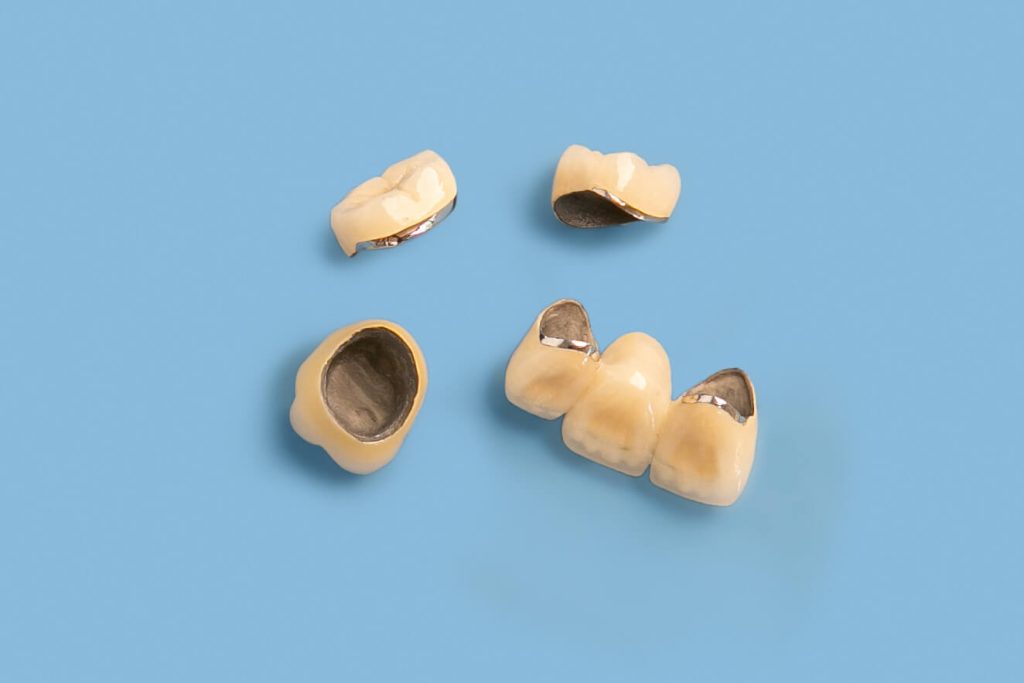
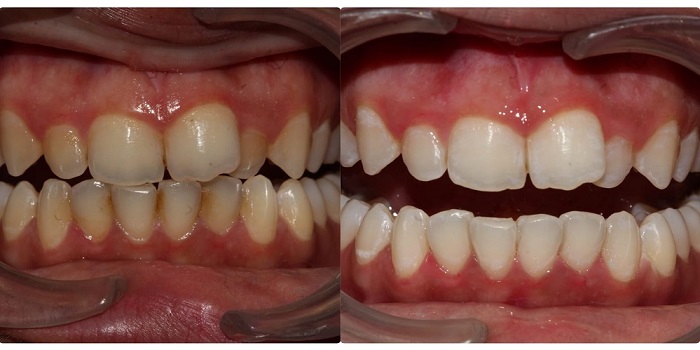

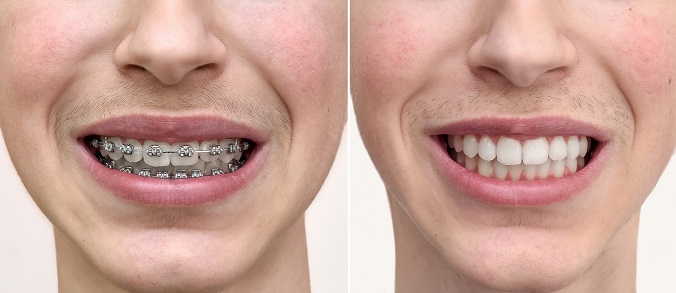

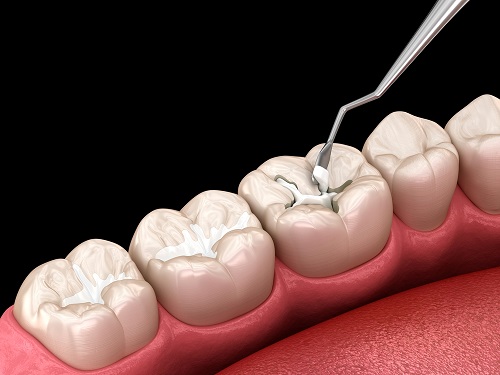
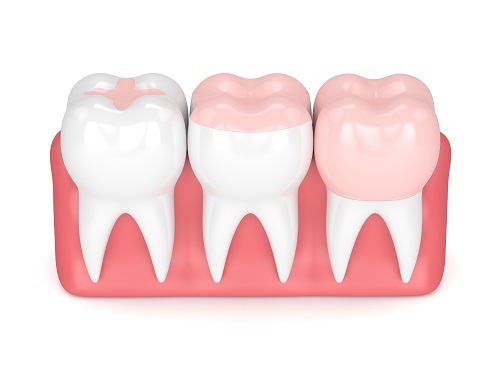

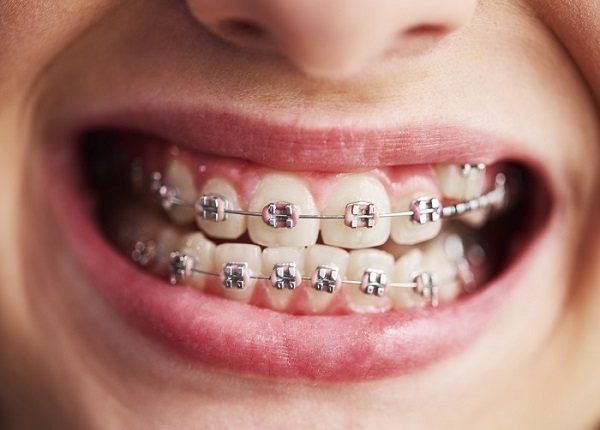
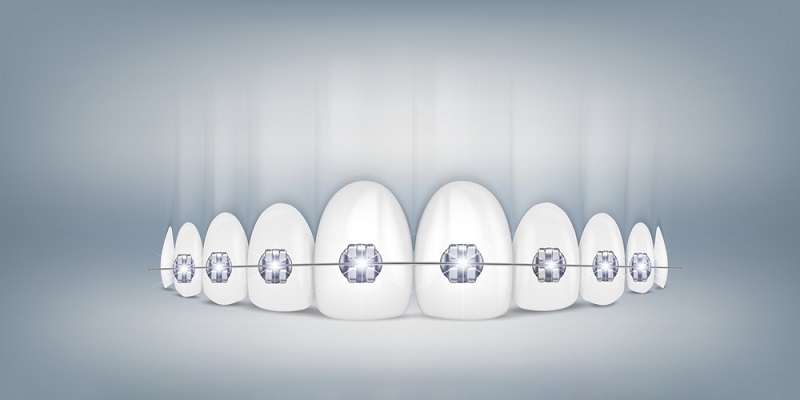
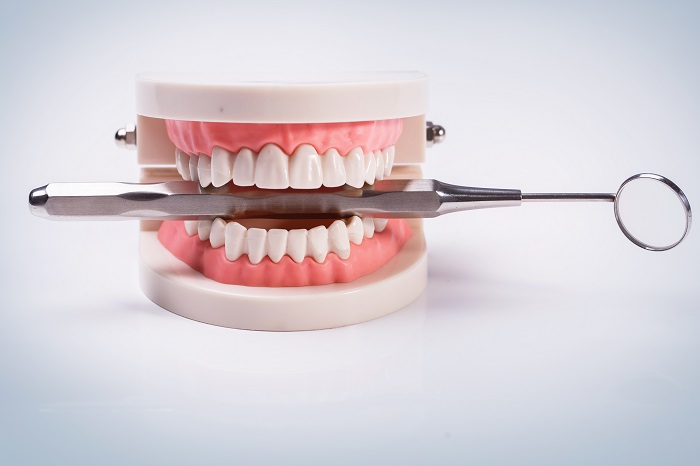
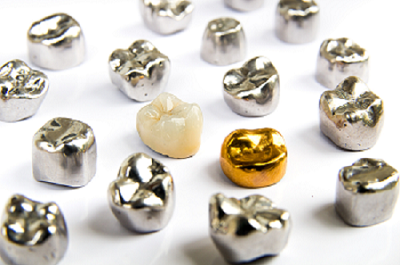
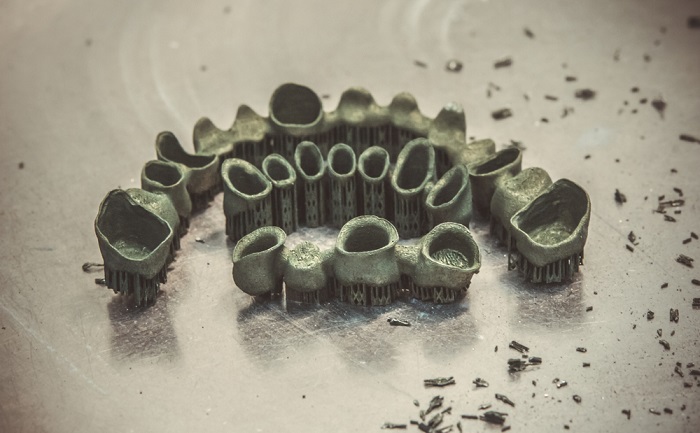
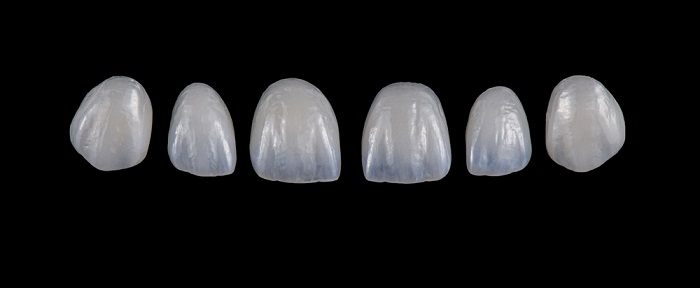
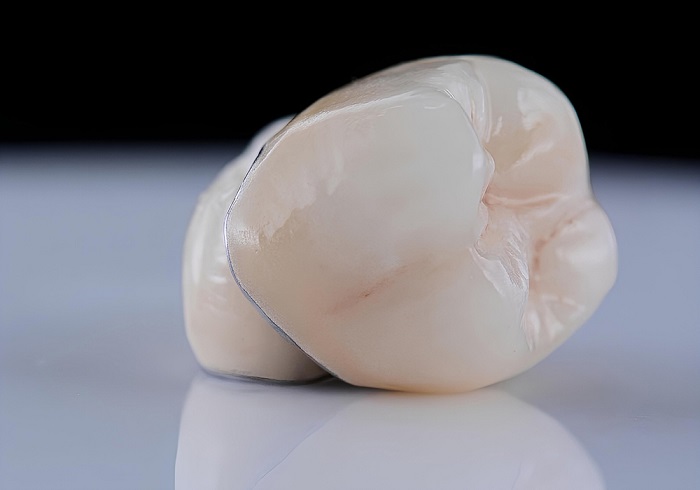

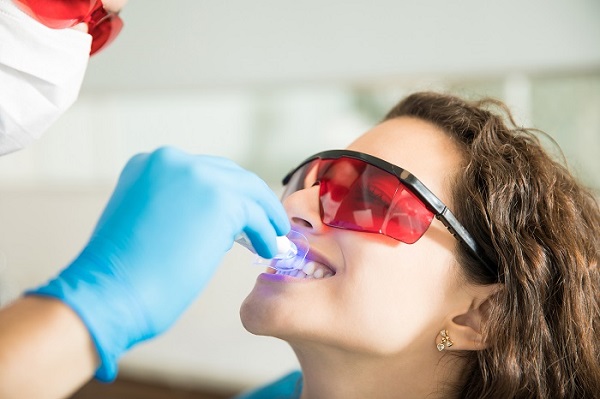
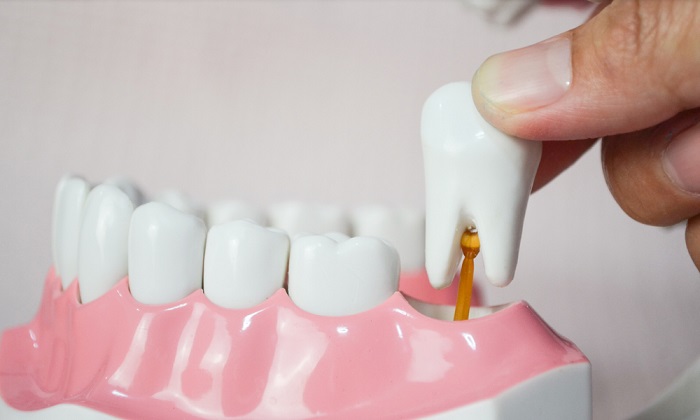

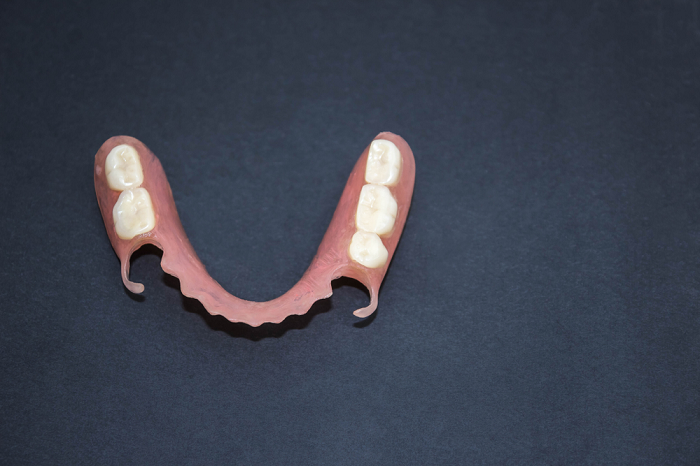
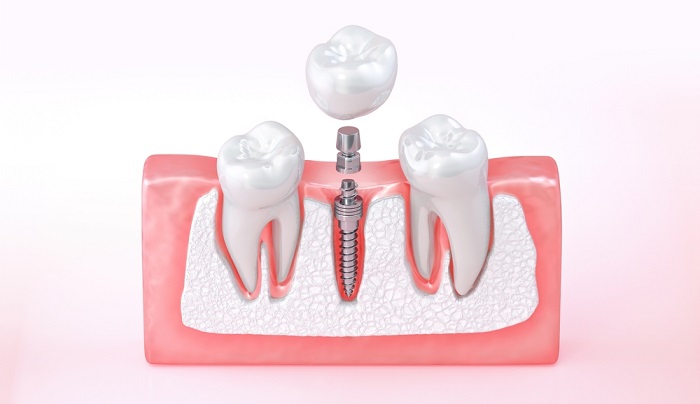
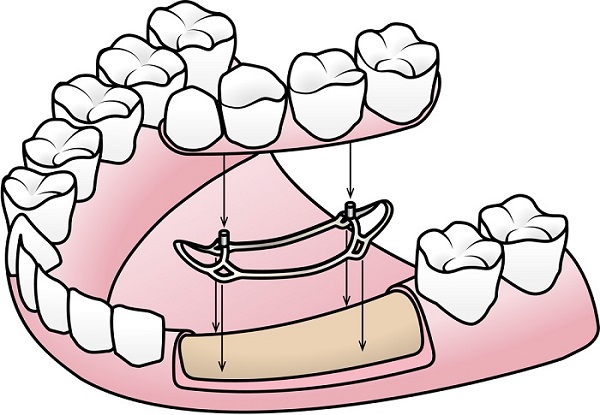
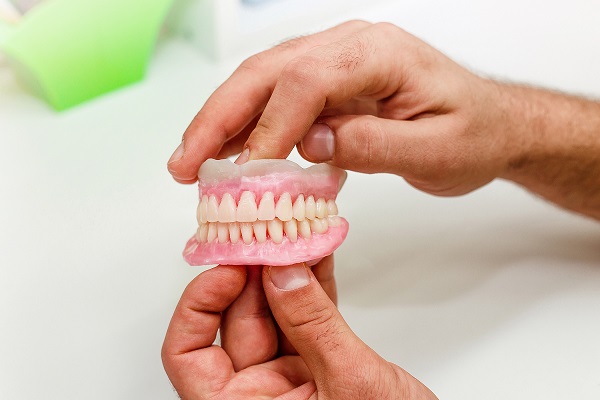
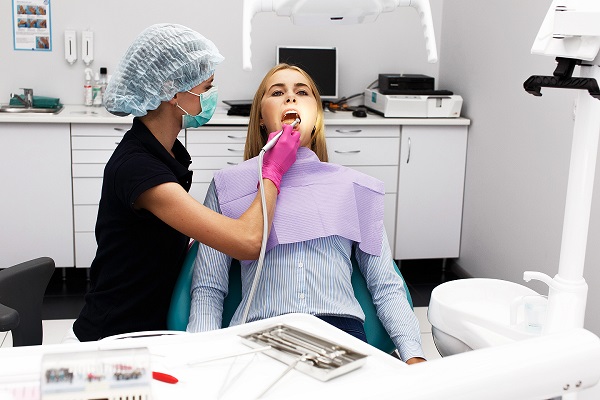
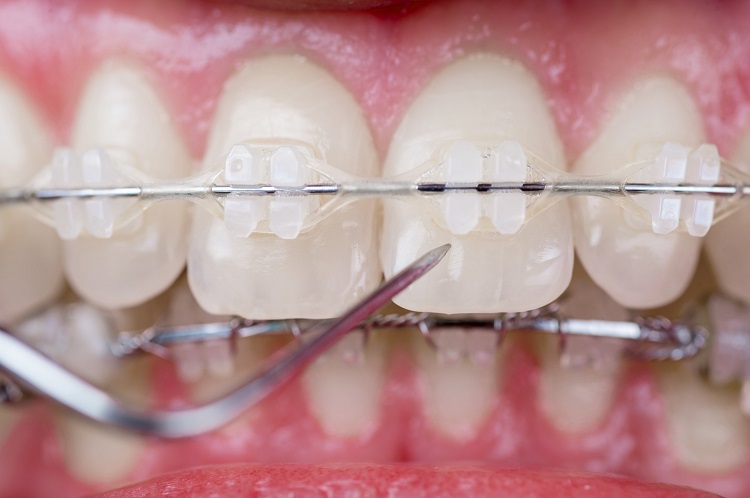
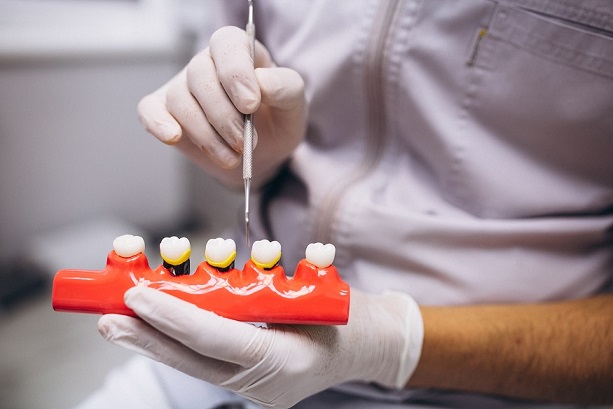
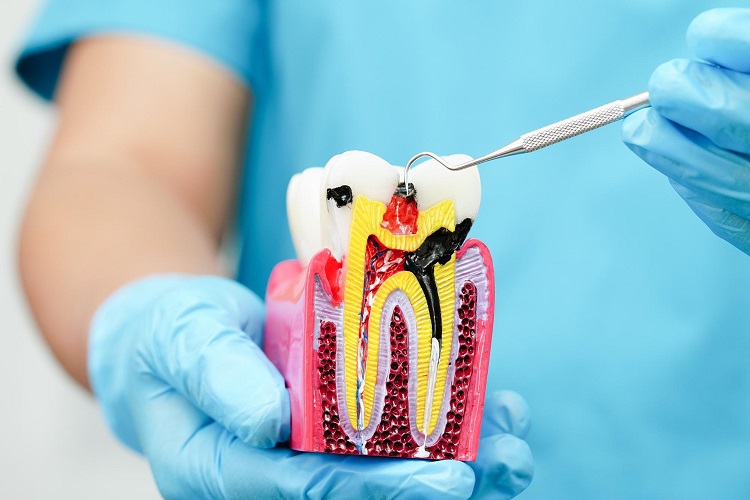
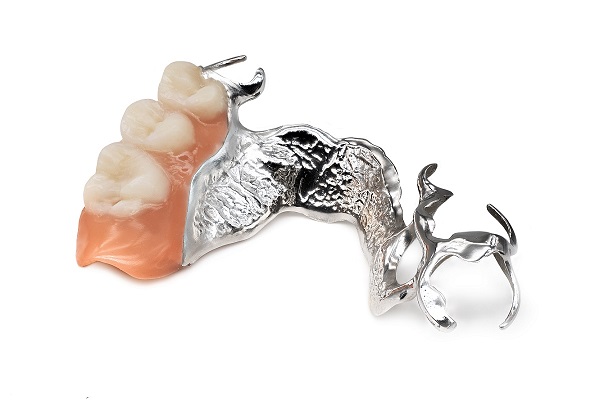
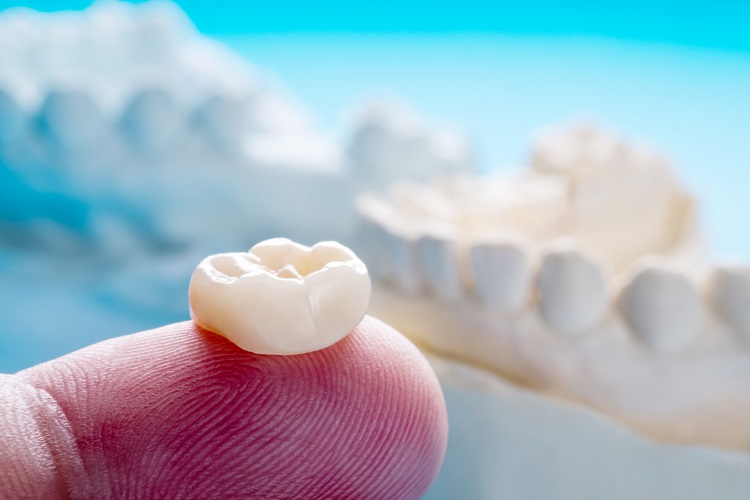
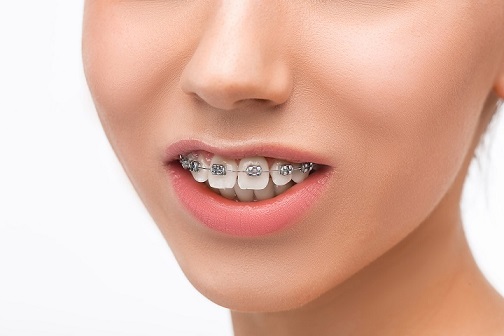

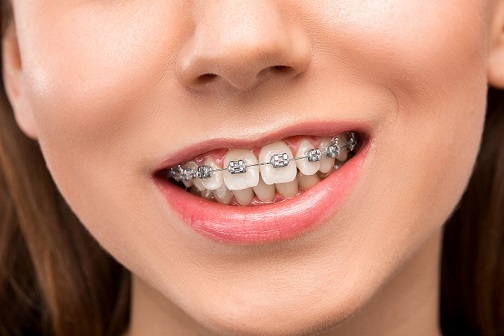
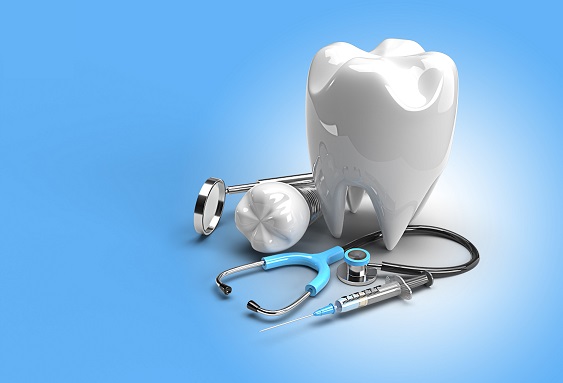
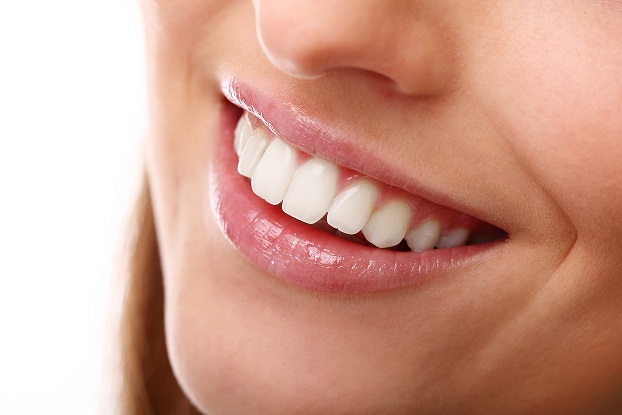
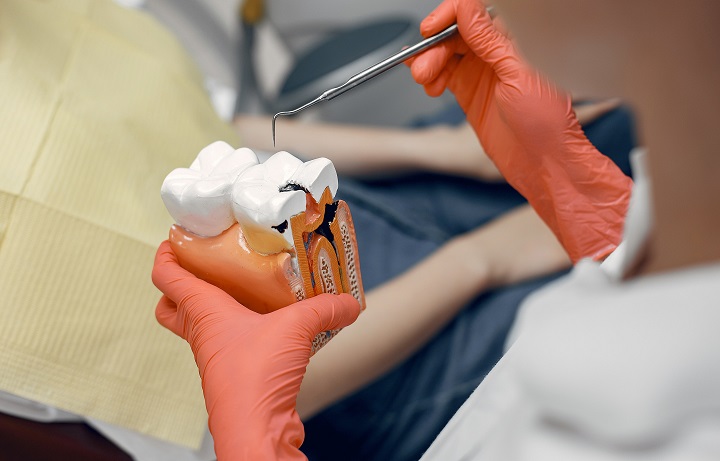
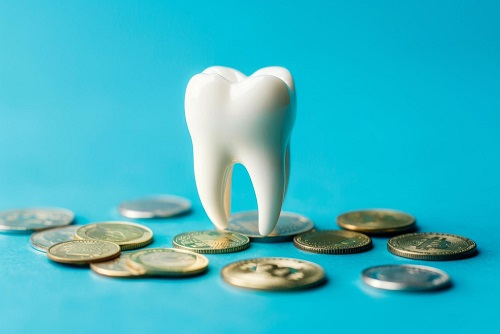
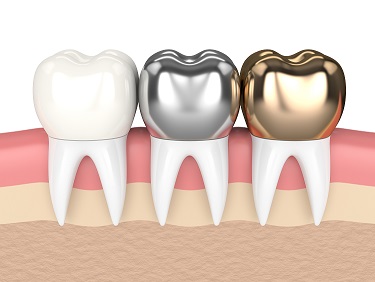
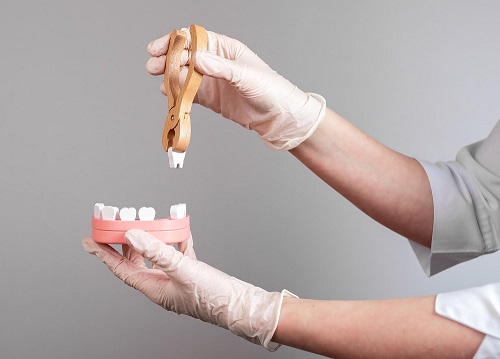
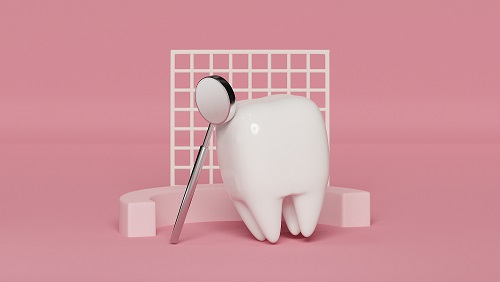
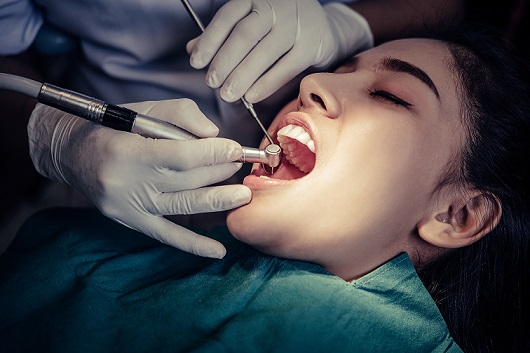
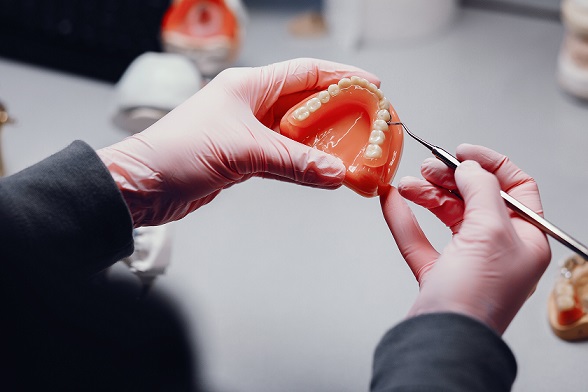
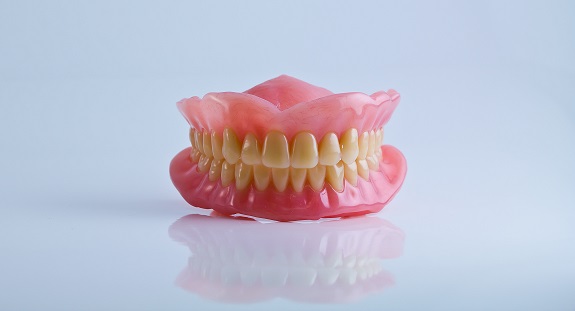
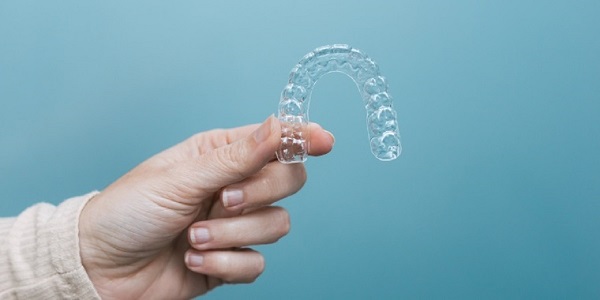
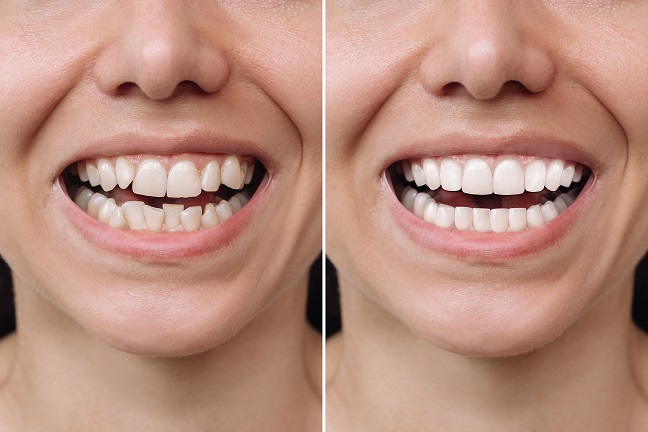
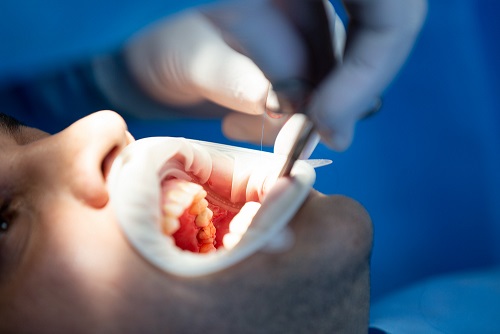
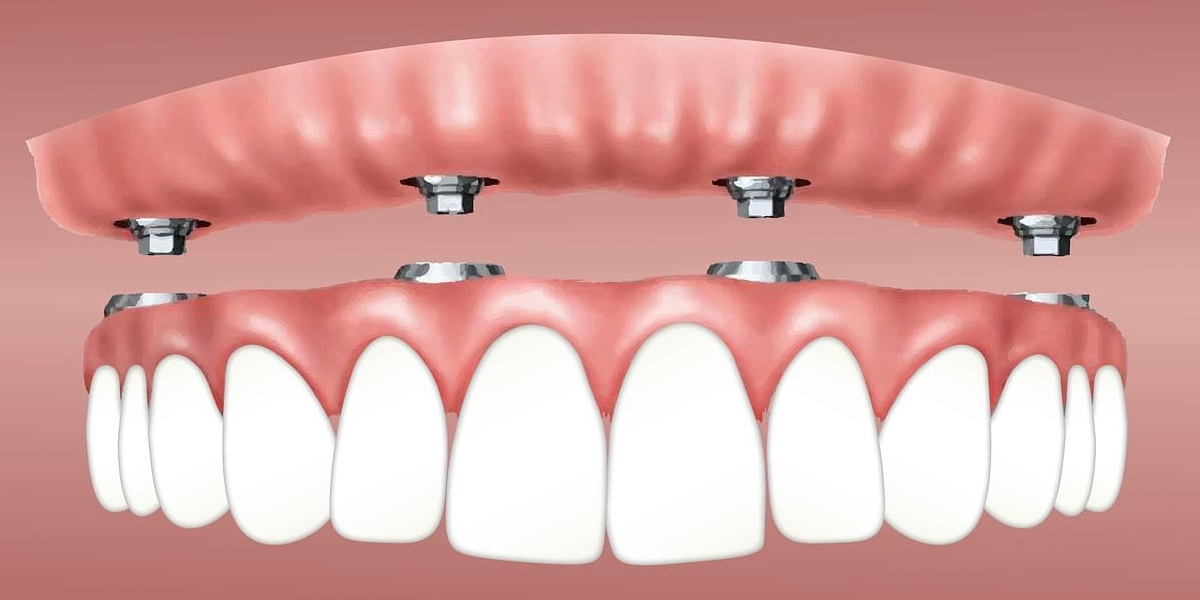
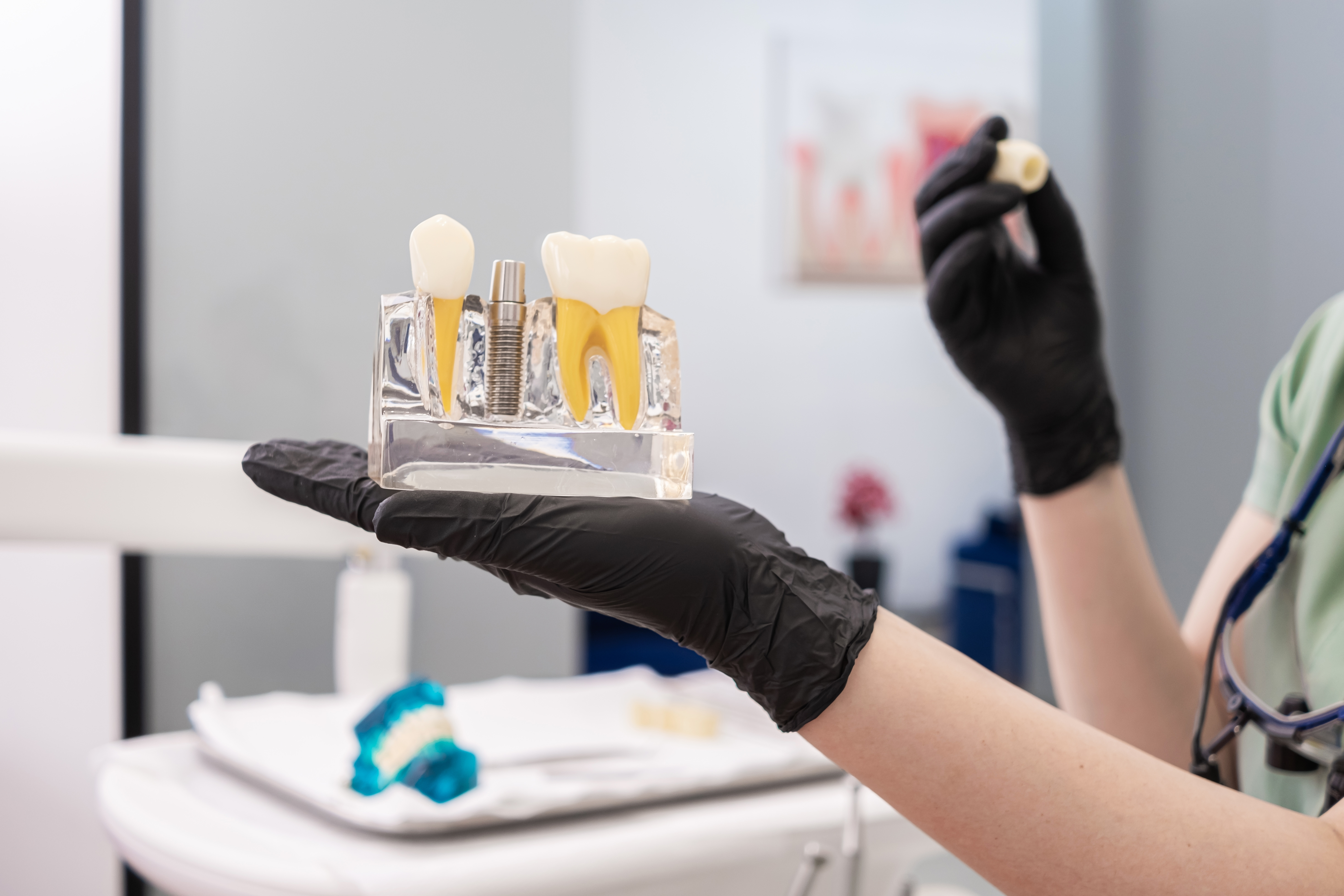
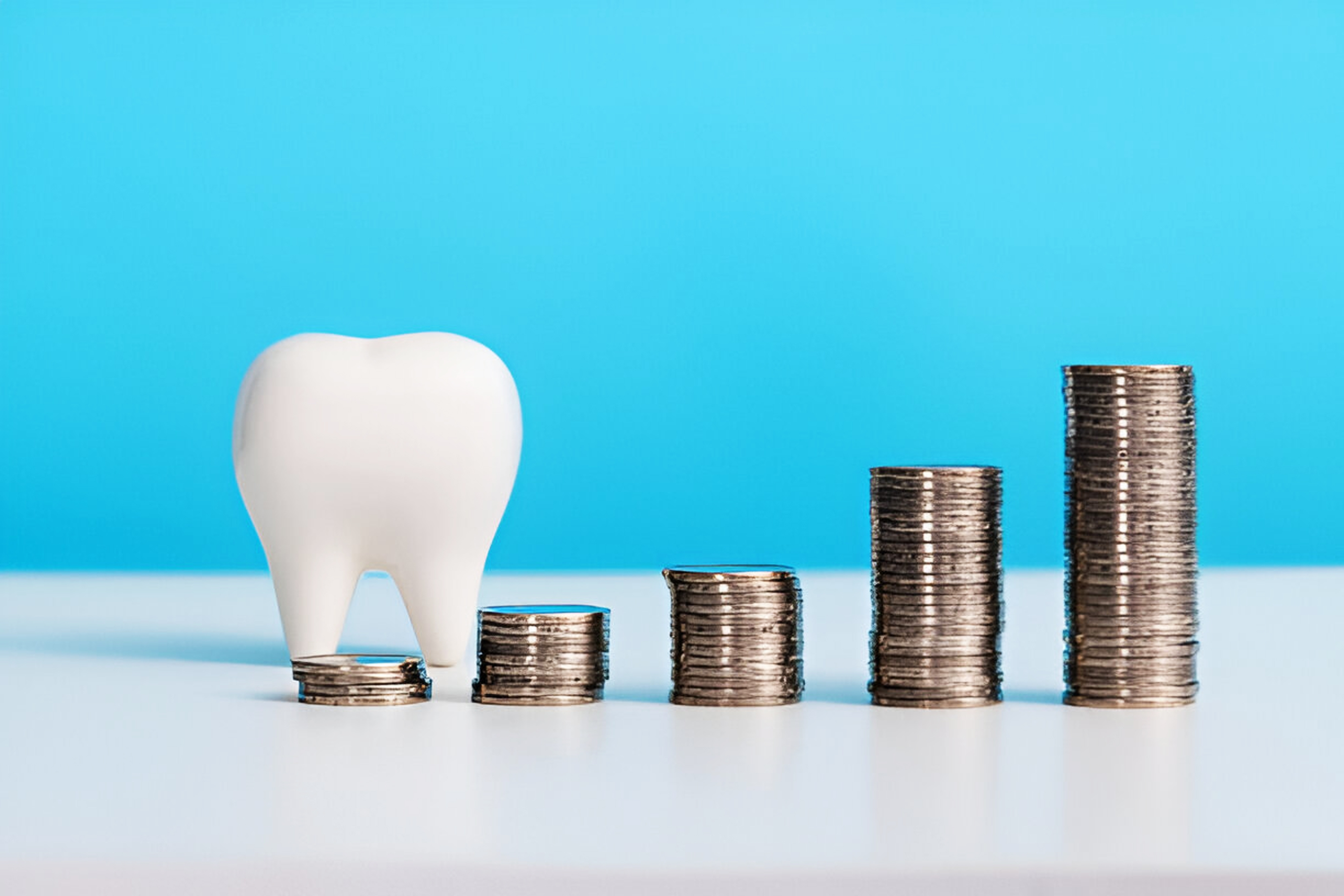
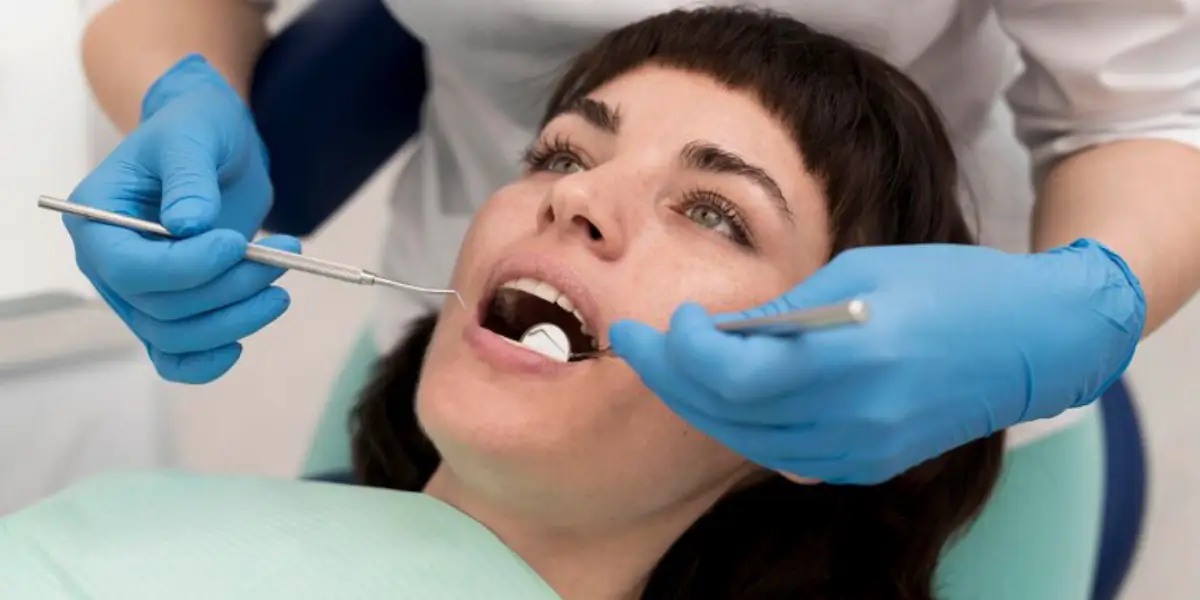
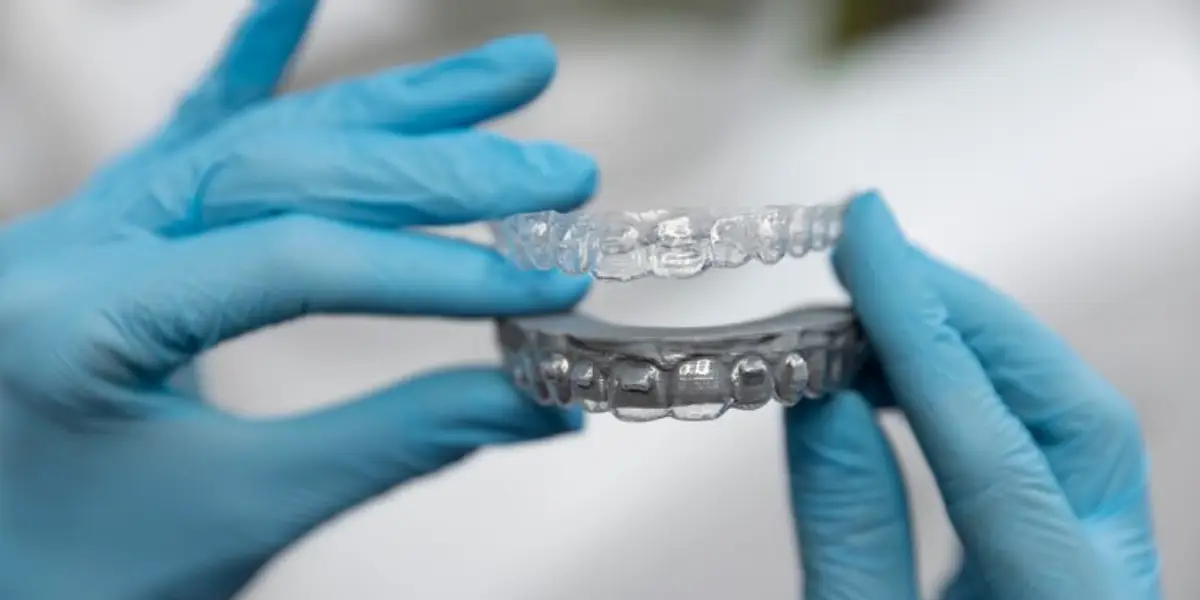
.jpg)
.jpg)
